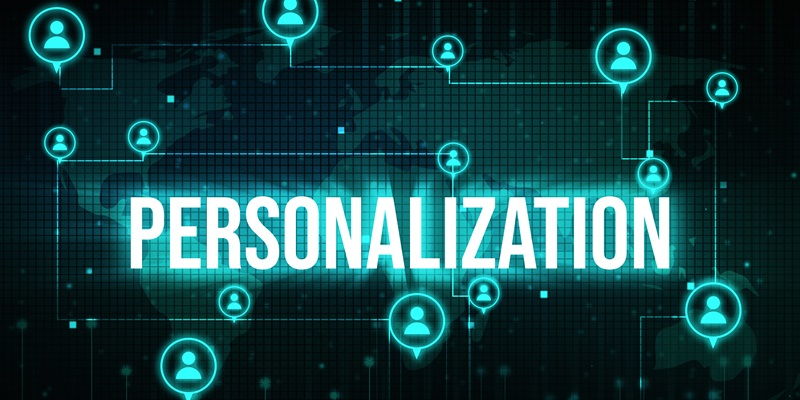In today’s digital age, customer expectations are higher than ever before. According to recent studies, a staggering 71% of customers now expect customized interactions from the companies they engage with. When businesses fall short of achieving this level of personalization, potential customers are more prone to abandoning their journey in frustration. However, when personalization is executed effectively, it can create a genuinely satisfying—sometimes even surprising—experience for the customer. Not only does this enhance customer satisfaction, but it also helps establish trust and loyalty towards the brand. In this article, we will delve into the world of personalized customer interactions and explore the significant impact it can have on business success.
The Benefits of Effective Personalization
When customers feel that their needs are understood and catered to, their overall satisfaction levels skyrocket. Crafting seamless and intuitive user journeys helps leave customers with the unmistakable impression that every step was meticulously designed with their unique needs at the forefront. By comprehending and catering to the specific needs of each customer, businesses can not only boost sales and conversions but also forge enduring relationships with their audience.
Establishing trust with potential customers rapidly—ideally within seconds of their initial website visit—is crucial. It begins with personalization. Tailoring the user’s initial interactions with the website should directly inform how subsequent pages are presented. By doing so, the perception that your offerings are tailored to their specific needs helps encourage them to focus on your brand as the most viable solution. With trust comes loyalty, and loyal customers are more likely to continue engaging with your business and even become brand advocates.
Personalization can yield remarkable results. Studies have shown that businesses that implement effective personalization strategies experience higher conversion rates and increased time spent on the site. When customers feel that a company truly understands their unique requirements and preferences, they are more likely to continue their journey on the website. As a result, the likelihood of them converting into paying customers significantly increases.
Implementing Personalization on Websites
First impressions are crucial, and when it comes to websites, they matter even more. Designing a website that makes potential customers feel seen and understood can be the difference between a bounce and a conversion. Utilizing personalized elements, such as tailored messaging or recommendations based on the user’s past interactions, helps build trust from the get-go.
Once trust is established, it is important to continue personalizing the user experience throughout their journey on the website. By evaluating the user’s actions and preferences, businesses can adapt subsequent pages to display content and recommendations that align with their interests. This approach creates a sense that your company only offers what the client is interested in, reinforcing their trust and engagement.
To take personalization even further, design your system to skillfully tailor the entire website to those specific interests. Whether it’s through dynamic landing pages or personalized content sections, providing a customized experience at every touchpoint enhances the overall user journey and solidifies the perception that your business truly understands their unique needs.
Crafting user journeys that are seamless and intuitive is essential for effective personalization. Map out the customer’s path from the initial interaction to conversion, carefully considering their needs at each stage. By meticulously designing each step of the journey to align with their preferences, businesses can provide a personalized experience that leaves a lasting impact.
The Impact of Personalization on Business Success
The ultimate goal of personalization is to drive sales and conversions. By understanding and catering to the specific needs of each customer, businesses can create a tailored experience that resonates with them, ultimately motivating them to make a purchase. The combination of enhanced trust, satisfaction, and personalized product offerings significantly increases the likelihood of conversion.
Personalization goes beyond one-time transactions; it helps businesses build enduring relationships with their customers. By consistently delivering personalized experiences and engaging with customers on a deeper level, businesses can foster loyalty and advocacy. Customers who feel valued and understood are more likely to become repeat buyers and recommend the brand to others.
In today’s highly competitive business landscape, personalization has become a key differentiator. The ability to comprehend and cater to the specific needs of each customer can lead to remarkable results, including higher conversion rates, increased trust, and lasting relationships. By investing in personalization strategies and designing seamless and intuitive user journeys, businesses can establish themselves as trusted partners that understand and prioritize their customers’ unique requirements. Embrace the power of personalization and watch your business thrive in the age of customization.

